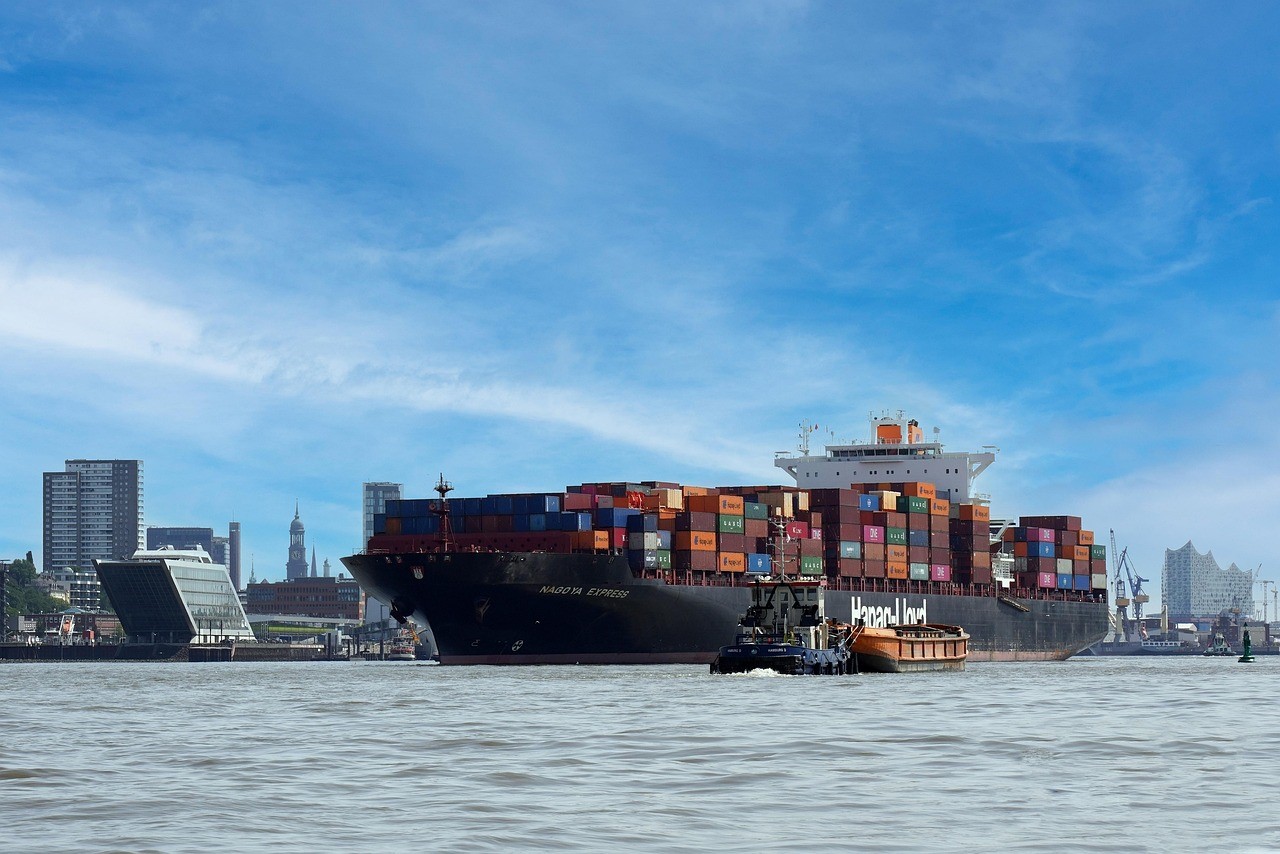
During past few years, the number of sustainability reports has increased steadily. At the same time different kinds of ranking systems of the reports have arisen and can have significant impact on stakeholders’ decision making. The authors (Lin, Romero, Jeffers, DeGaetano, Aquilino) compared three different sustainability rankings, Newsweek, Forbes, and CSR Magazine Global, in their study and concluded that the methodologies and ratings of the agencies varies substantially “impeding greater efficiency in the capital markets.”
According to the authors: “Typically, four components are required for effective monitoring: 1) a conceptual framework, 2) standardized reporting, 3) independent review and assurance, and 4) regulatory governance and oversight. The framework must be rooted in sound conceptual theory; common examples include the Committee of Sponsoring Organization’s (COSO) Internal Control–Integrated Framework, IFRS, U.S. GAAP, Integrated Reporting (IR) Framework, and the World Intellectual Capital Initiative (WICI). Currently, organizations may choose a framework, develop their own, or use none at all.”
Because CSR reporting is not mandatory in most of the countries and reporting is not standardized still, companies can decide the content of the report, frequency and overall quality. “This allows for companies to “cherry-pick” positive information that they wish to disclose and refrain from disclosing negative news. In addition, CSR reports are typically only issued annually as a stand-alone report, rather than as an integral part of the financial reports.”
The authors found out that just 12% of the companies appeared on all three rankings. The rankings differed so much from each other that the authors were not able to even compare them properly: “… demonstrate a minimal number of commonalities in the rankings of the respective lists, so much so that it is even difficult to claim there is such a thing as the “Top 100” companies.”
The findings can be considered quite alarming since many of these ranking lists have a major impact on companies’ stakeholders. That is why common practices, standardization and even legislation should be developed. As the authors stated: “… several components must be present for markets to be efficient: breadth and depth of participants, standard reporting and disclosure, independent assurance, and independent governance and regulation. When these components are present and operate effectively, a continuum can be achieved in the global capital markets that constantly adjusts for change. It is therefore imperative that a standardized CSR framework, reporting standards, and governance be put in place and followed by corporations, the rating/ranking agencies, and other interested parties.”
Read the article in brief: http://www.cpajournal.com/2017/07/19/sustainability-rankings-consistent-across-ratings-agencies/
Photo by Martin Reisch on Unsplash


































